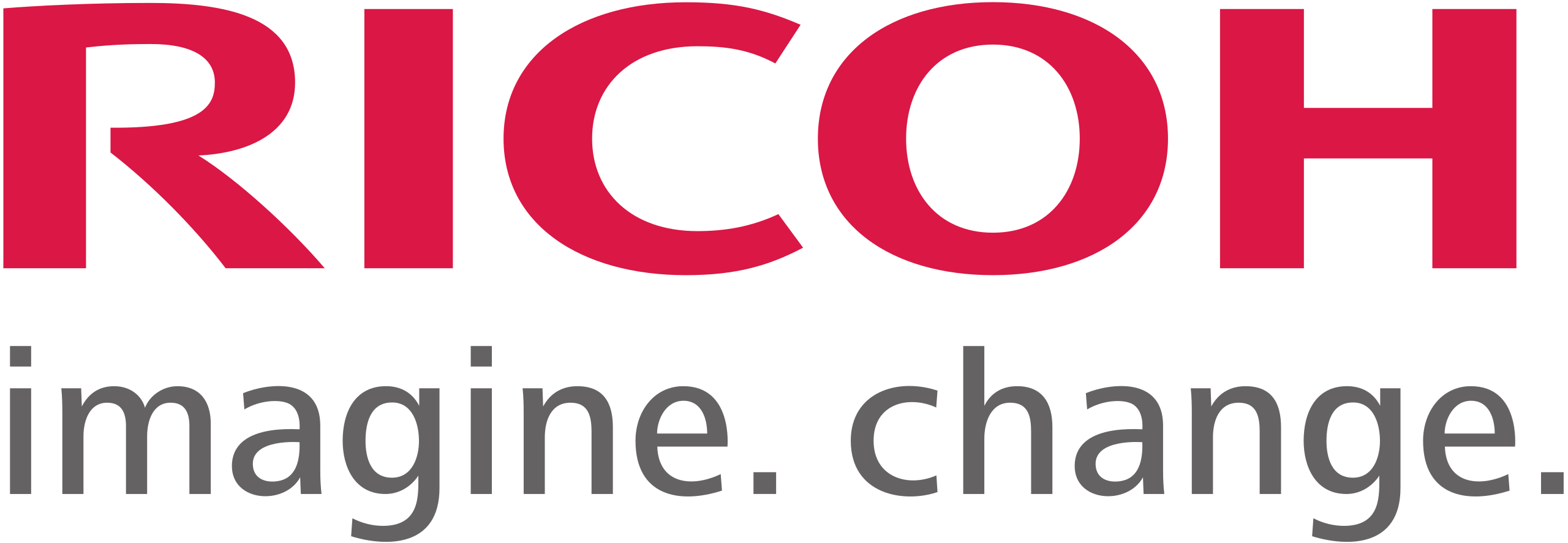4 min read
The Crucial Role of Document Management at Legal Firms
By:
Standley Systems Staff
on
September 25, 2024
Updated: September 25, 2024

The legal industry is one of the most highly regulated and document-heavy sectors due to the volume of paperwork, the need for client confidentiality, and the necessity of providing audit trails for regulatory compliance. This is particularly burdensome for smaller firms that face additional challenges because of their limited resources and lack of in-house support. Effective document management can help smaller firms mitigate these challenges and simultaneously improve their productivity, client satisfaction, and legal outcomes.
The Challenges of Document Management in the Legal Industry
Legal teams have to deal with a tremendous number of documents, between contracts, case files, and discovery materials. To add to the complexity, many of these documents have multiple versions, and everyone needs to be working from the latest and most accurate one.
The regulatory landscape further increases the document management challenges firms face. Laws such as the General Data Protection Regulation (GDPR) and the Health Insurance Portability and Accountability Act (HIPAA) strictly mandate how legal teams have to handle client information. Violating any of these regulations can put your team at risk of data breaches and their associated fines and penalties as well as damage your reputation.
Although many paper documents have been digitized, these files still need to be stored, organized, and retrieved on demand, particularly when dispersed teams need to efficiently collaborate while working remotely.
Without a centralized document system and a dedicated IT department, many smaller firms struggle to effectively and securely manage their documents.
Why Document Management Is So Important for Legal Professionals
Lawyers are held to high ethical and legal standards and have an industry mandate to protect client confidentiality. A well-managed document system can help you comply with these standards and avoid compromising your reputation.
It also reduces the amount of time you have to spend searching for documents. This speeds up your processes, increases your productivity, and allows your staff to focus on high-value tasks instead of tedious busywork.
Being able to easily access accurate, up-to-date documents can help you avoid costly mistakes with your clients and in court. Effective document management processes also provide audit trails for easier compliance and incident management.
The Difficulties of Managing Legal Documents Without an Effective System
Legal teams can quickly become overwhelmed by paperwork without a structured system. Manual processes are inefficient, and they're often plagued by human errors that lead to unnecessary delays. Without secure, cloud-based systems, these paper documents and files can be lost or fall victim to theft or data breaches.
Lacking a central document management system (DMS) makes it harder for dispersed teams to collaborate — resulting in lost time and decreased productivity and increasing the potential that you’ll inadvertently commit a compliance violation.
Why Smaller Legal Firms Might Outsource Their Document Management
Smaller firms often don’t have dedicated IT personnel to properly secure their legal documents. Outsourcing document management allows them to focus on practicing law instead of worrying about technical issues and handling tedious administrative tasks.
By working with specialists, they can access advanced-level IT knowledge and technologies they otherwise couldn’t afford to supply. Because of the cost of on-premise hardware and software, security features, and compliance measures, outsourcing is usually a more cost-effective method of document management.
What to Look for When Choosing a Document Management Partner
When you’re ready to choose a document management partner, your most important consideration is whether they’re knowledgeable about legal regulations. They should offer secure storage solutions that feature encryption, strict access controls, and audit trails. Ask vendors if they have experience working with legal firms and understand your industry-specific document management needs.
You should also look for a vendor that can grow with you and easily integrate with your existing tools. Check for reviews and ask for references to gauge a provider’s reliability and history of prompt customer support.
The Benefits of Implementing a Document Management System
A good document management system will increase your efficiency, productivity, and profitability by giving you fast and easy access to your documents. Other benefits include:
- Easier collaboration, both in real time and asynchronously
- Increased security and audit trails for legal compliance
- Reduced costs associated with printing, storage, and human error
- Future-proof solutions that can grow with your company
Key Features to Look for in a Document Management System
Security and efficiency should be at the top of your list when you're evaluating document management providers. Ask about features that can help protect client data and other sensitive information.
You should also look for cloud-based storage systems so you can access your documents from anywhere, and they can be easily recovered in the event of a natural disaster or security incident.
Though it may not be as important as security features, you also want a solution that’s easy to use. Look for an intuitive interface so you don’t have to spend a lot of time training your staff on how to use it.
Conclusion: Prioritizing Document Management to Future-Proof Your Legal Operations
In today’s competitive business environment, small legal firms need every advantage they can get. Outsourcing your document management system can save you money, increase your productivity, and mitigate the risks associated with noncompliance.
Standley Systems delivers secure document management solutions so you can focus on your core legal operations as your firm grows. Reach out today to get started.

 800-522-3725
800-522-3725 info@standleys.com
info@standleys.com Support
Support











